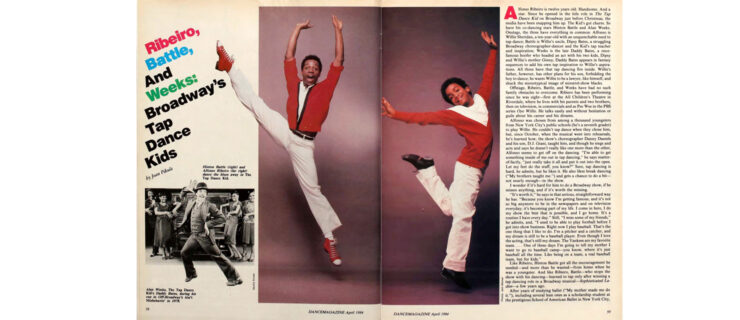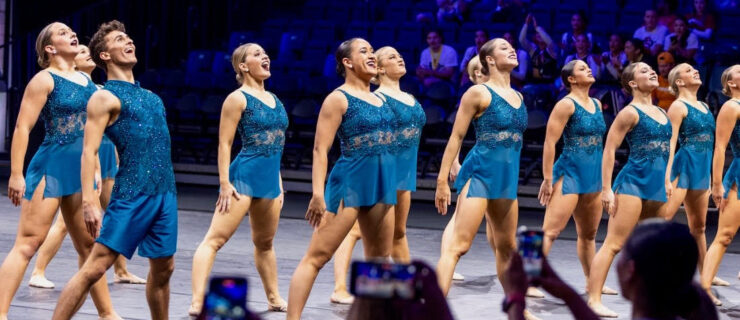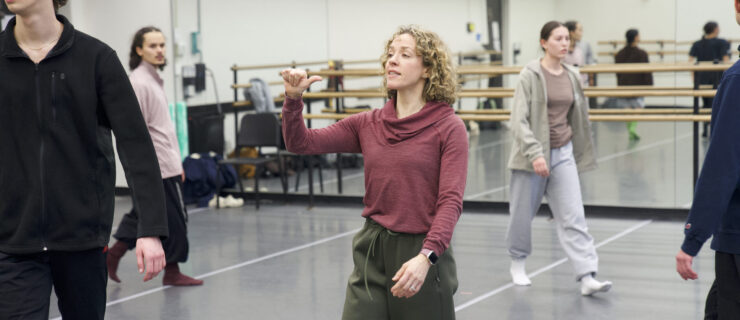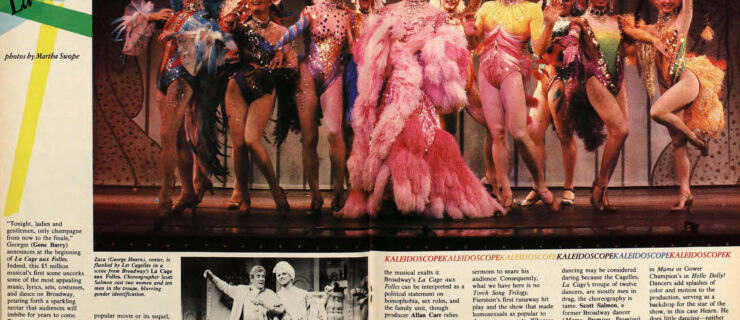Attitudes
After 50 years of writing for Dance Magazine—and many other publications—Clive Barnes died on November 19, 2008. For a full bio of him, go to www.dancemagazine.com. Here we offer Clive a final tribute from some in the dance community who knew him.
The arts have lost one of its finest. Gifted with a prodigious memory, Clive’s love for performing arts and dance in particular graced him with a sharp third eye. He could see the essence of an artist; he believed in the enlightenment that all artists are driven to achieve. Knowing the arts ignite the mind, Clive was among the first to encourage me and Dance Theatre of Harlem to pursue our hopes. Loyal, honest, and a true friend, his words kept us going. DTH salutes Clive Barnes. —Arthur Mitchell
He was a great man, a great writer, and a great lover of the arts who will be much missed. —Paul Taylor
None of us would be writing today if Clive had not paved the way by turning previous dance criticism on its head, by attracting a huge readership, and by obliging editors to pay attention in the 1960s to a field they considered the stepchild of the arts. Clive broke rules. It is hard for some of you today to realize his initial impact. But he took American dance out of its modern-dance cults, and he took balletomania out of its ghetto, making dance an art for all. He was not a popularizer: More simply, he conveyed his passion for dance. —Anna Kisselgoff, in her presentation at the Dance Magazine Awards, 2005
Clive Barnes was an exceptional witness to my artistic life who received the different stages of my career with growing enthusiasm. His reviews were not only positive, but they conveyed the elements of a performance so that the public could form their own impressions. He never let himself be influenced by other people’s opinions, and he received the debut of the Ballet Nacional de Cuba in the U.S. in an intelligent and generous manner. He was a great professional and an important entertainer in the art of dance. —Alicia Alonso
Clive’s insights into the art of ballet were cherished by generations of dance fans. His enthusiasm for his work was unwavering and his appreciation of the performing arts was beyond compare. The theater and dance worlds were illuminated by his presence. —Kevin McKenzie
We first shook hands at the Crush Bar, in the Royal Opera House, London 1950. In the years after, you would remind me of that. I loved it, that you were nurtured by dance and the theater. Rilke wrote in his poem “Sunset”:
Slowly the west reaches for clothes of new colours
which it passes to a row of ancient trees.
You look, and soon these two worlds both leave you,
one part climbs toward heaven, one sinks to earth…
Someday, in the world on the other side of the grass and at a dance event, we will embrace. —Jacques d’Amboise
Clive Barnes always managed to be present at pivotal points in my career. Just having turned 16 a few days earlier, my debut as the Dew Drop fairy in Balanchine’s The Nutcracker was an exciting occasion. One of my sisters and her husband happened to be seated in the first ring. Upon my entrance onstage my brother-in-law took out his camera and enthusiastically began documenting the event. Unbeknownst to him, Clive was witnessing every second in the next seat. On Christmas morning not only did we learn of his bemusement, but so did all of the readers of The New York Post! A few years later, Clive was very disappointed that I was leaving New York City Ballet but supportive of my choice to pursue the classics at The Royal Ballet. Both he and Valerie wished me well, and I will always hold a special place in my heart for both of them. —Alexandra Ansanelli




